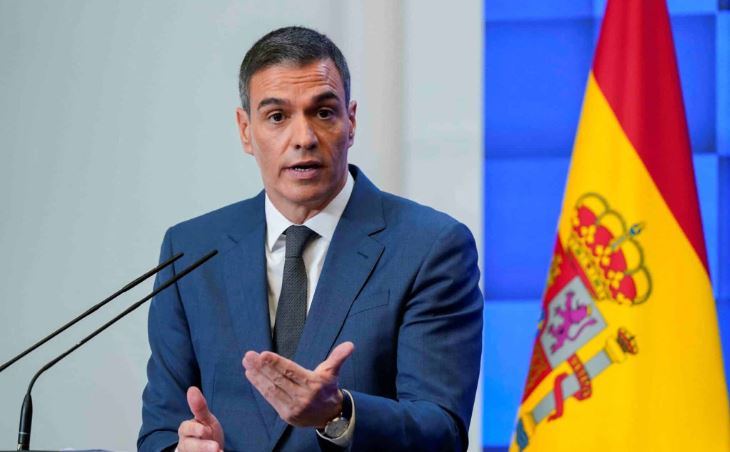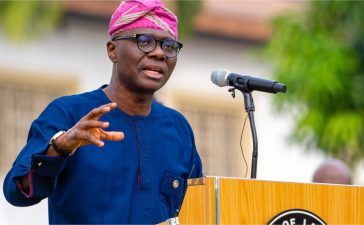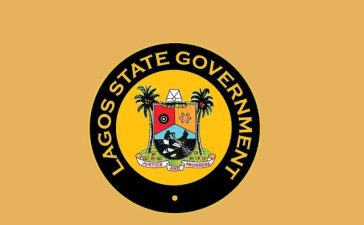Spanish Prime Minister Pedro Sanchez has embarked on his second diplomatic tour of West Africa this year, with the dual objectives of curbing the significant increase in migration to the Canary Islands and countering growing Russian influence in the Sahel region. This visit highlights Spain’s ongoing efforts to strengthen ties with key West African nations amid rising geopolitical challenges.
The West African migration route has experienced a staggering 154% increase in activity this year, with 21,620 people making the perilous journey to the Canary Islands in the first seven months alone, according to data from the European Union border agency Frontex. This surge has overwhelmed resources on the Spanish archipelago, forcing local authorities to consider housing migrants in military camps or tents, as an anticipated rise in arrivals is expected due to calmer Atlantic conditions.
Spanish authorities fear that up to 150,000 more migrants from Africa could attempt the crossing in the coming months. Nearly half of the recent arrivals are reported to be Malians, fleeing conflict and economic instability exacerbated by the involvement of the Russian mercenary group Wagner.
During his visit, Sanchez is focusing on strengthening diplomatic relations with Mauritania, Senegal, and Gambia, the main departure points for migrant boats. Mauritania and Senegal, which share borders with Mali, are particularly significant in Spain’s strategy to address the root causes of migration. Spanish police have long been stationed in West Africa to assist with border control as part of Madrid’s broader strategy to provide financial and security aid to these critical regions.
RETURN TO MALI
Spain is also contemplating a return to Mali after the European Union’s military mission in the country was terminated last May, a move largely supported by France. However, Spain remains keen on maintaining a presence in the region to prevent Russian forces from filling the void. Discussions are ongoing between Madrid and Bamako regarding bilateral military aid, with the potential continuation of training programs initiated by the previous European mission.
As part of his broader strategy, Sanchez is advocating for the European Union and NATO to place greater emphasis on the global south, particularly the Sahel, in response to the migration crisis. However, experts like Jesus Nunez Villaverde, co-director of the Institute for Conflict Studies and Humanitarian Action, argue that military aid alone will not solve the region’s deep-rooted problems. “The solution is not military aid, which is a repetition of a failed model. A different kind of aid is needed,” Villaverde said.
The Sahel region has been plagued by years of Islamist conflict, resulting in a severe humanitarian crisis. As of July, over 3.1 million people have been displaced in Mali, Burkina Faso, and Niger, according to the International Organization for Migration (IOM). The economic instability in Mali, particularly since the military junta took power in 2020, has further fueled the exodus of migrants.
Moussa Diaby Wage, a 20-year-old Malian who arrived in the Canary Islands in 2020, is among those who have sought refuge in Spain. Having secured Spanish nationality, Wage now aspires to join the army while assisting other migrant children in a center for minors in Tenerife. “We came here because Mali is at war. There is a lot of fighting in the north, and many people have to make the decision to leave,” he said, highlighting the dire circumstances driving young Malians to risk everything for a chance at a better life.
Spain’s diplomatic efforts in West Africa, under Sanchez’s leadership, are a crucial step in addressing the complex challenges of migration and geopolitical influence in the region. However, the success of these initiatives will depend on a balanced approach that combines security measures with long-term development aid to tackle the underlying issues driving migration.







